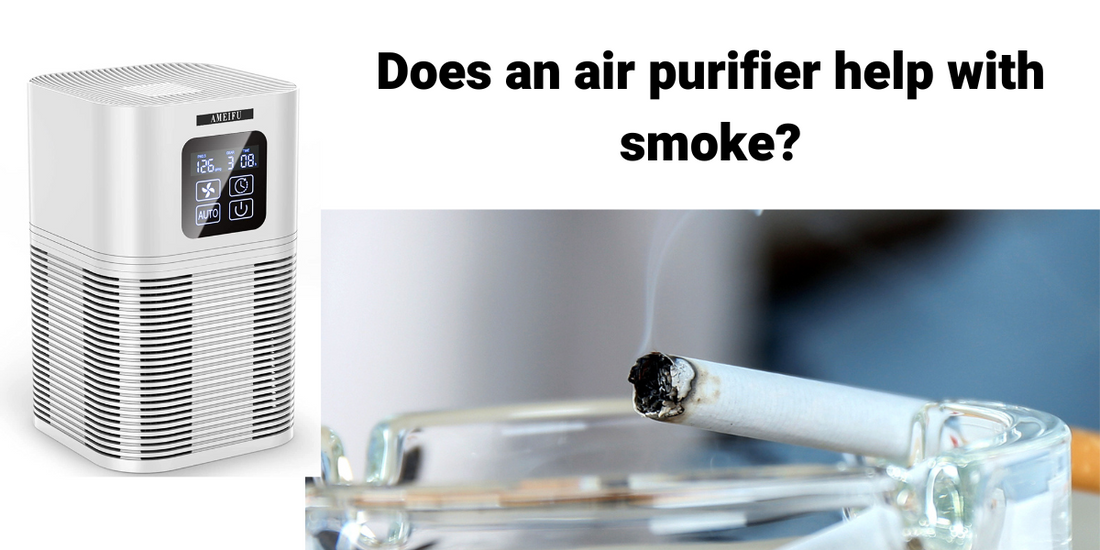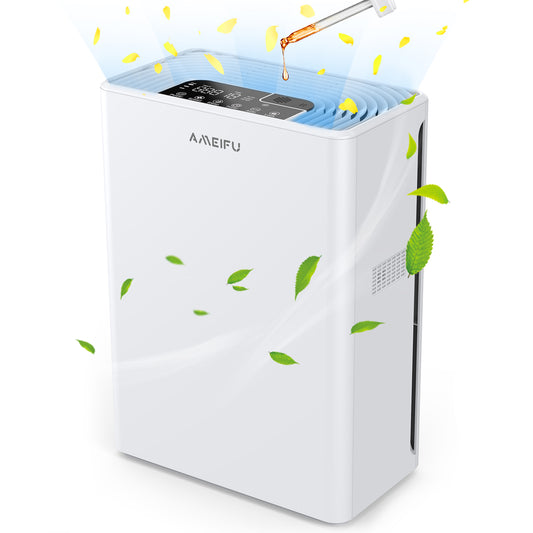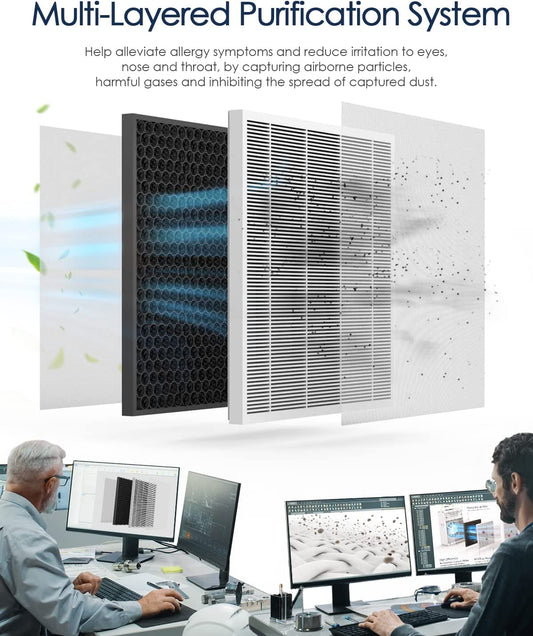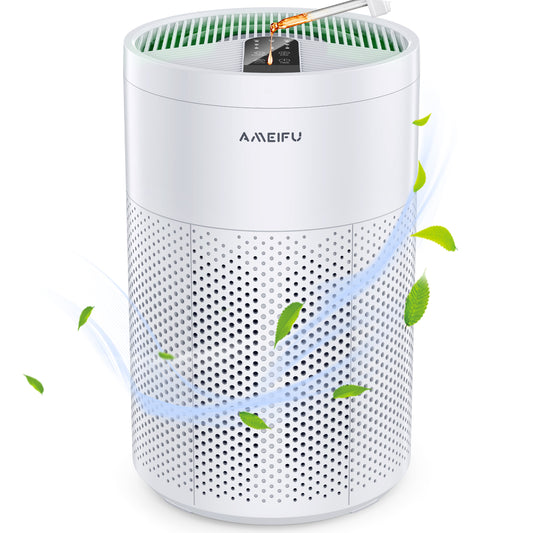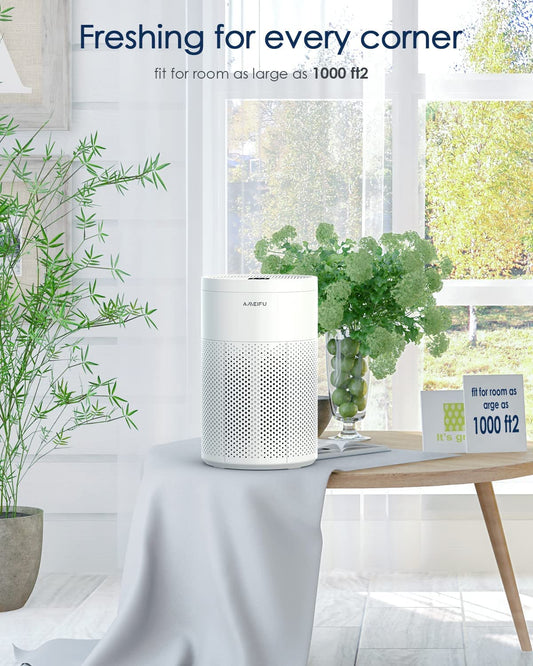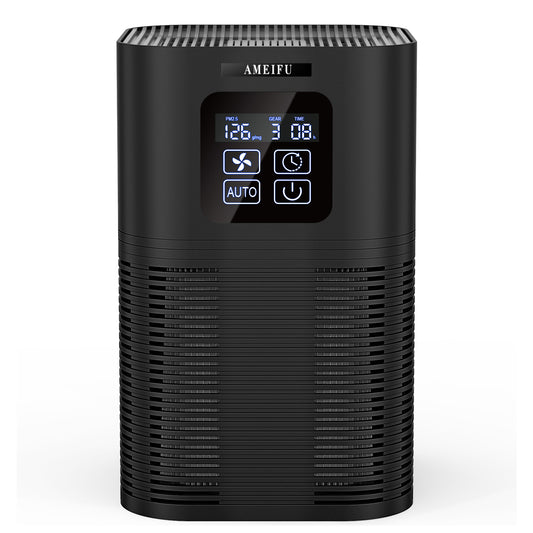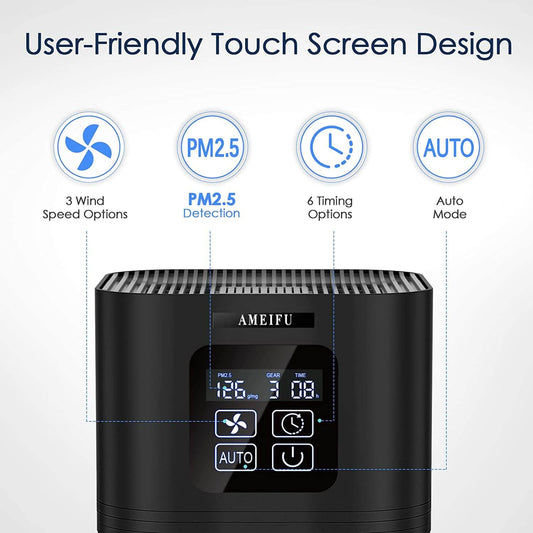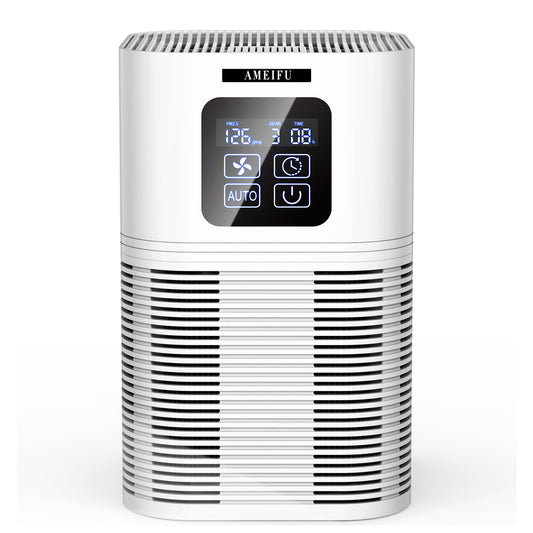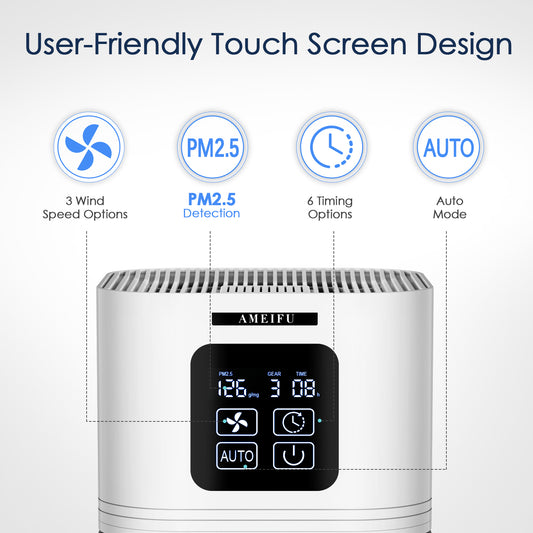Smoke, whether from cigarettes, wildfires, or cooking, can significantly impact indoor air quality and pose health risks. In such situations, many individuals turn to air purifiers as a solution. But does an air purifier really help with smoke? In this article, we will explore the effectiveness of air purifiers in addressing smoke-related issues, the key features to look for when selecting an air purifier for smoke removal, and practical tips for optimizing their performance.
Understanding Smoke and its Dangers
Types of Smoke
Smoke can originate from various sources, including tobacco, wildfires, and cooking. Each type of smoke contains a mixture of harmful particles and gases, such as volatile organic compounds (VOCs), carbon monoxide, and fine particulate matter. These substances can have detrimental effects on respiratory health, exacerbate allergies, and contribute to poor indoor air quality.
Health Risks
Exposure to smoke can lead to a range of health issues, from mild discomfort to severe respiratory problems. Individuals with pre-existing respiratory conditions, allergies, or weakened immune systems are particularly susceptible. It is crucial to address smoke-related concerns promptly to safeguard both short-term and long-term health.
How Air Purifiers Help with Smoke
Particle Filtration
Air purifiers equipped with High-Efficiency Particulate Air (HEPA) filters are highly effective in removing smoke particles from the air. HEPA filters are designed to capture tiny particles as small as 0.3 microns, including smoke particulates. When smoke passes through the purifier, the HEPA filter traps the smoke particles, preventing them from circulating in the room and reducing overall smoke concentration.
Gas and Odor Removal
Some air purifiers feature activated carbon filters, which are designed to adsorb and neutralize gases, odors, and VOCs. These filters contain a porous carbon material that can effectively trap and eliminate smoke-related odors and volatile compounds, improving the overall air quality.
Choosing the Right Air Purifier for Smoke Removal
True HEPA Filters
When selecting an air purifier for smoke removal, prioritize models with true HEPA filters. These filters meet rigorous standards for efficiency and can effectively capture smoke particles, reducing their presence in the air. Avoid devices with "HEPA-like" or "HEPA-type" filters, as they may not provide the same level of filtration.
Activated Carbon Filters
To effectively address smoke odors and volatile compounds, opt for air purifiers that incorporate activated carbon filters. These filters work alongside HEPA filters to adsorb and neutralize smoke-related odors and gases, ensuring a fresher and cleaner environment.
Air Changes per Hour (ACH)
Consider the Air Changes per Hour (ACH) rating when selecting an air purifier for smoke removal. A higher ACH rating indicates that the purifier can filter the air in a room more frequently, leading to faster smoke removal and improved indoor air quality.
Tips for Optimizing Air Purifier Performance
Proper Placement
Place the air purifier in the room where smoke concentration is highest or where you spend the most time. This ensures that the purifier effectively captures and filters the smoke particles from the air, reducing your exposure.
Size and Coverage Area
Choose an air purifier with adequate room coverage for your specific needs. Consider the size of the room and ensure that the purifier is capable of effectively filtering the air in that space. Oversized or undersized purifiers may not perform optimally.
Regular Maintenance
To ensure optimal performance, clean or replace the filters in your air purifier regularly. Clogged or dirty filters can hinder the device's effectiveness in removing smoke particles and odors. Follow the manufacturer's guidelines for filter maintenance, and consider investing in air purifiers with filter replacement indicators to simplify the process.
Avoid Smoke Exposure
While air purifiers can help reduce smoke particles and odors, it is important to minimize smoke exposure in the first place. Take measures such as avoiding smoking indoors, using proper ventilation while cooking, and keeping windows closed during periods of outdoor smoke, such as wildfires. These precautions can complement the air purifier's efforts and further improve indoor air quality.
Consider Additional Features
Some air purifiers offer additional features that can enhance their performance in smoke removal. Look for devices with features such as air quality sensors, auto mode, or timer functions. These features allow the purifier to adjust its operation based on detected smoke levels or your preferred schedule, optimizing its efficiency and energy usage.
Conclusion
Air purifiers are valuable tools in addressing smoke-related issues and improving indoor air quality. With their ability to capture and filter smoke particles, as well as adsorb smoke odors and volatile compounds, air purifiers play a crucial role in creating a cleaner and healthier living environment. When choosing an air purifier for smoke removal, prioritize models with true HEPA filters and activated carbon filters, and consider factors such as room size, ACH rating, and additional features. By optimizing placement, performing regular maintenance, and adopting preventive measures, you can maximize the effectiveness of your air purifier and mitigate the impact of smoke on your health and well-being.

